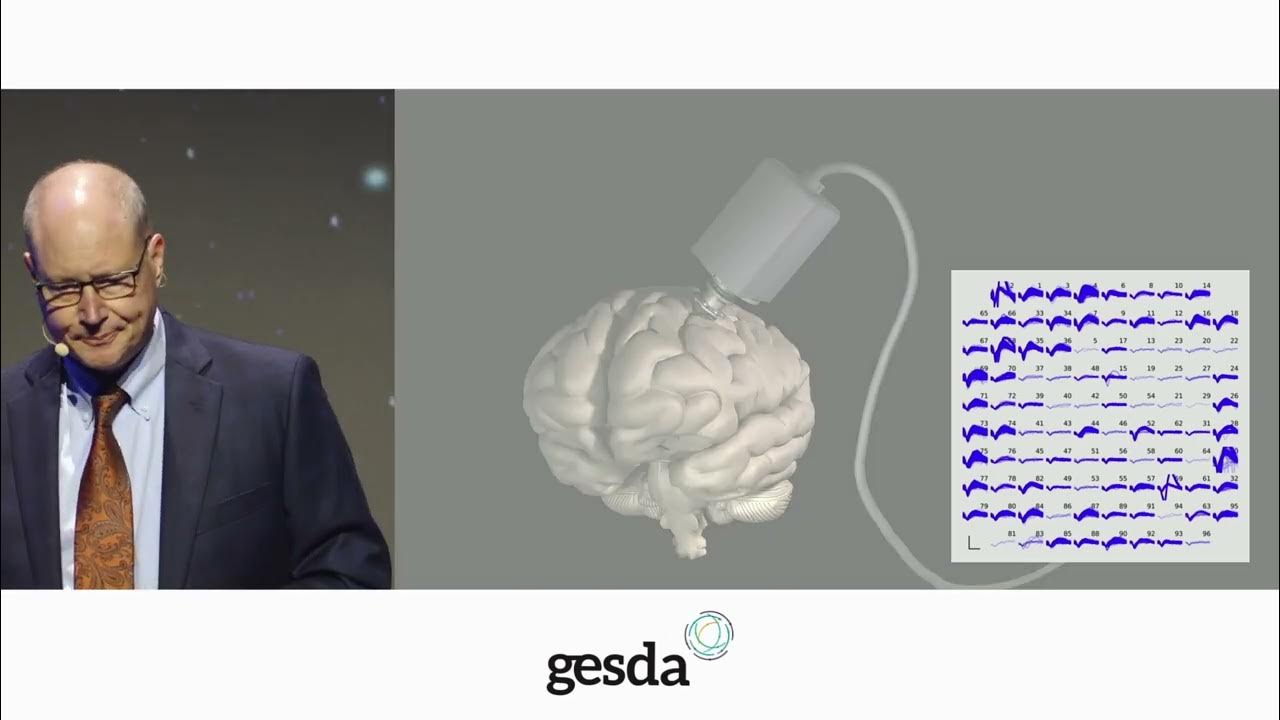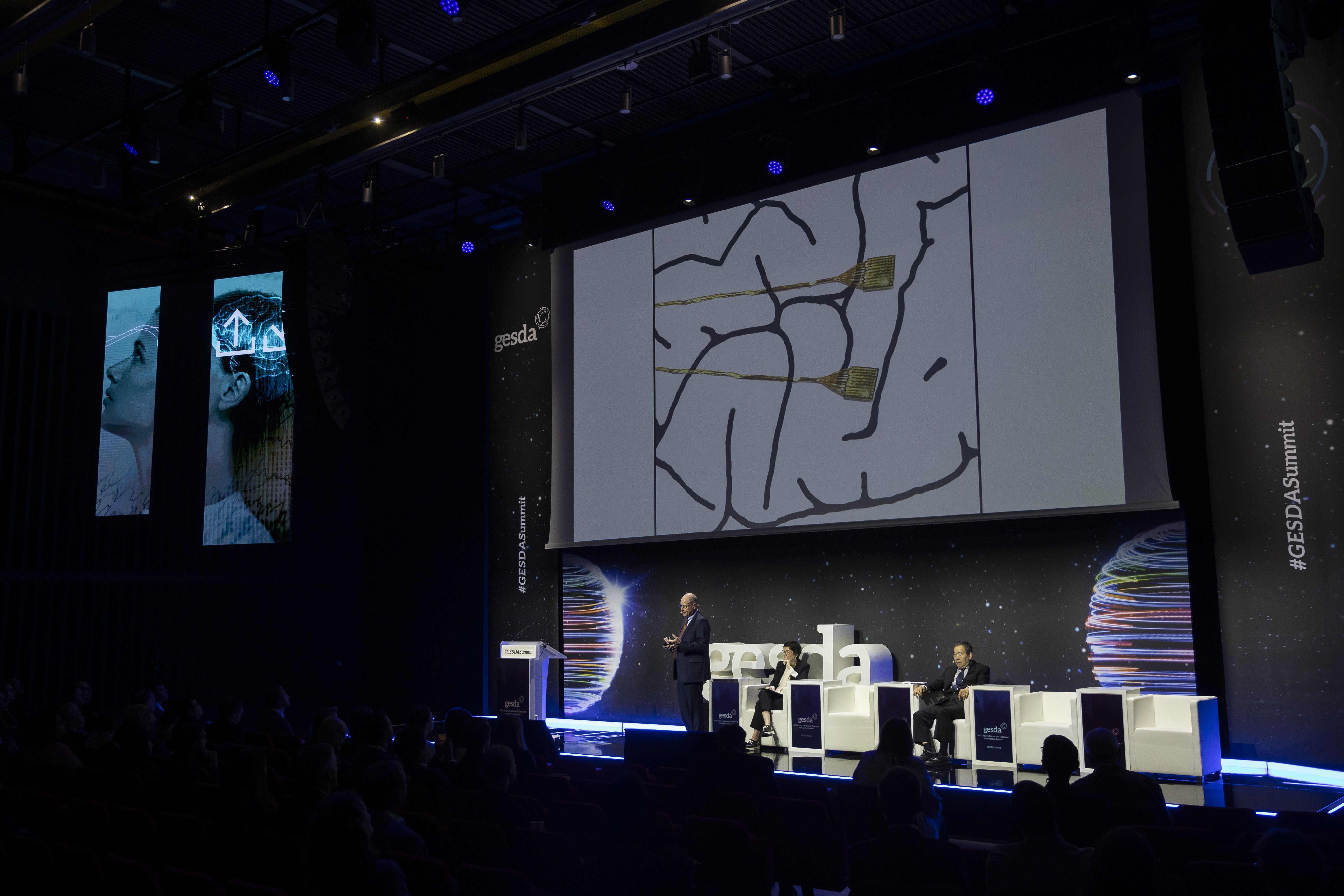
Advances in neurotechnology such as brain-machine interfaces or genetically engineered brains could have the potential to augment human cognitive abilities, raising fundamental questions for humanity and society. With such rapid developments underway, what are the opportunities and challenges for science to positively impact the world we live in by anticipating global governance?
“From the invention of the wheel to the current era of generative AI, humans have relied on technology to enhance their cognitive abilities since ancient times and the recent trend of neuro technologies is no exception; both public and private investment in the technology has grown rapidly and the neurotech devices market expected is to reach US$24.2 billion in 2027.
”
“Technology for reading and writing signals of the brain is predicted to become wireless within five years. Within 10 to 25 years, brain-computer interfaces are likely to provide better readouts of brain states and, combined with closed loop neurostimulation, may help patients coping with issues of dementia, sensation and bowel control.
”
“The speed of neuro technology development is moving so quickly that it is almost outpacing our scientific understanding of the brain. The technology itself has been demonstrated but better understanding of how language and cognition are represented in the brain, and even consciousness, could help to advance it even further.
”
“The advent of devices that can measure and influence brain activity and the nervous system are on the cusp of widespread adoption across society, raising profound questions ranging from human rights to data privacy. What is now needed is a global consensus of ethics that balances frontier scientific pursuit with societal needs.
”
“The governance landscape is trying to keep pace with the development of neuro technology and can currently be broadly categorised into three areas: self-regulation by the scientific community, soft law instruments by international organizations and legally binding frameworks.
”



